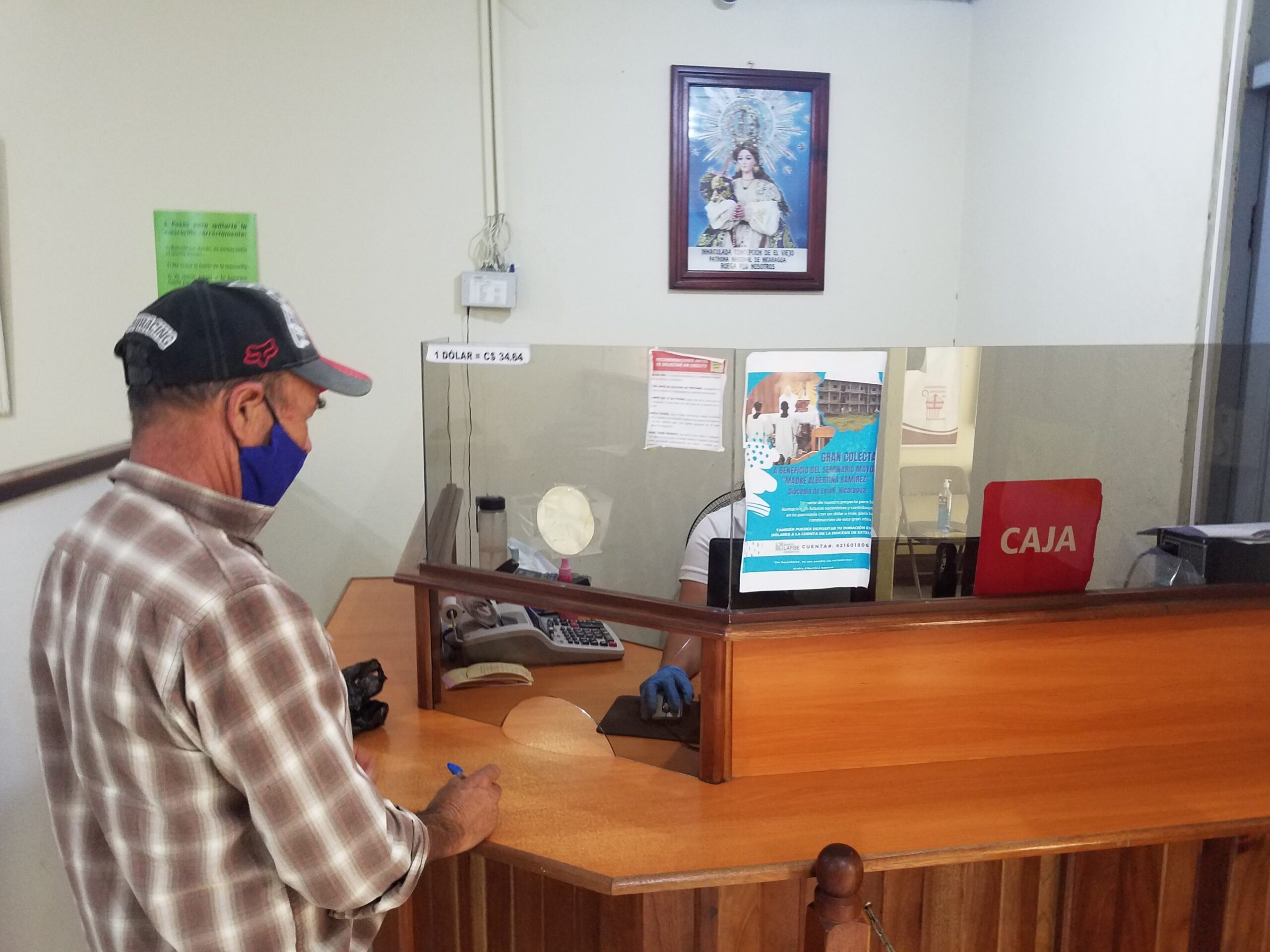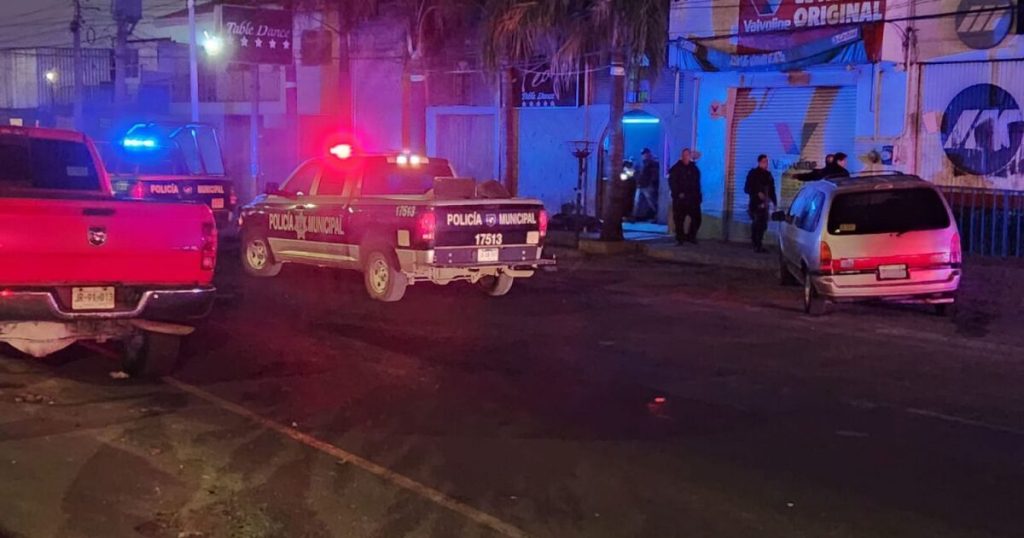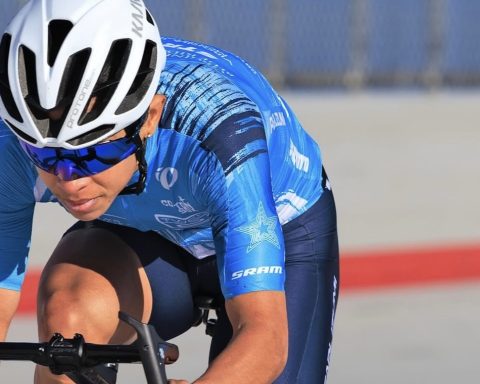The mother of Gerardo, an 11-year-old boy who suffers from diabetes, is desperate. Every month she has to overcome financial obstacles in her home in Estelí to get the needles and glucose test strips to monitor her son’s condition. In the past, she received them as a donation from the Diocesan Caritas of this city.
She is not the only one suffering from the closure of the Catholic charity. Other parents of more than a dozen children with other chronic conditions were also left without care. Added to the list of those affected are a number of other adult patients who also stopped receiving the support that allowed them to cope with their illnesses.
“These patients received consultations and medicines. They did not pay for that, and now none of that exists,” says a former collaborator of the organization that was closed due to the excesses of the regime of Daniel Ortega and Rosario Murillo, which in the country has gone against the Catholic Church, kidnapped priests and bishops and outlawed organizations linked to the religious institution such as Caritas in order to confiscate their assets.
Chain of sequels
The regime’s actions have not only affected those who previously received benefits from the NGO, but have also left dozens of workers unemployed and several of them are deprived of their liberty under charges of crimes that were invented in order to obtain the organization’s assets.
As a result, several families are suffering because of the detainees, who are at least eight, and have been left without the people who worked to support their homes. “The consequences of all this are innumerable. These gentlemen who govern the country have no idea of the damage they have caused to people in need, to honest workers and to entire families who were not even involved in politics,” says the former collaborator of the closed organization.
Related news: Catholic political prisoner, former employee of Caritas Diocesana, is “losing his sight”
“Public hospitals,” adds another mother of a sick child, “are of no use to these diabetic children, or to other patients, because they tell them they don’t have the medicines, they only offer consultations and they have to wait months to see a specialist. They have almost condemned them to death,” she complained.
“Thousands of people benefited from the social programs of Caritas Diocesana, and all of them have been left helpless,” adds the former collaborator.
Social pharmacies are also disappearing
Gerardo’s mother, a resident of a municipality in the department of Madriz, explained that before the repressive intervention there was an agreement with parents and an international organization “to be able to receive, through Caritas, glucose test strips, glucometers and syringes, mainly to treat type one diabetes, which is what affects children.”
The mother also explained that the NGO operated a social pharmacy where the medicine that was not donated was half the price compared to other commercial pharmacies. “Now we are having a lot of difficulties, because the economic situation has worsened and sometimes we are unable to make ends meet with the treatments, since there is no other support and only with the help of God we can pray that the child does not become ill,” she said.
In May 2023, the regime ordered the kidnapping of several administrative workers of Cáritas Diocesana Estelí. They were taken from their homes and taken away without any court order. It was not until months later that they were prosecuted for the alleged crime of money laundering.
Related news: Mariví Andino has been in prison for eight months for “having worked at Cáritas Estelí”
At the end of that year, at least six of them were sentenced to six years in prison in a closed-door trial, without being given the right to a defense and without even allowing their relatives to be present.
In addition to them, the former directors of Caritas Diocesana and the Catholic priests Eugenio Pastor Rodríguez and Leonardo Guevara were kidnapped. Father Pastor was among the group of religious exiled in October 2023 to the Vatican, while Father Guevara, who had been released in previous months, had to leave the country due to the threat of a new arrest.
Social damage
With the closure of Cáritas Diocesana since 2022, the dictatorship has harmed thousands of people in the northern zone, who benefited from different social programs.
As an auxiliary body of the National Housing Institute during the period of President Enrique Bolaños, Cáritas built hundreds of homes and was the organisation most present in food distribution, mainly in rural areas.
María Mercedes, for example, explained that she was one of the rural producers who benefited from Caritas programs, which provided her with complete technical assistance, supplies, seeds, and training for marketing the legumes and basic grains that she began to produce.
“I will always be grateful to the people at Caritas, because I was able to use my two acres of land in a better way. I produced bell peppers, pipián, beans and corn. I already had enough to feed my children and I started selling in the markets,” she said. She regretted that an organization that had done so much good had closed.

Hortensia Méndez, for her part, said that with a loan from Caritas she was able to set up a small grocery store that has improved her economy in a neighborhood of Estelí. “I know that they helped many people,” insisted Hortensia. The woman avoided commenting on the closure of the Catholic Church charity for fear of repression.
Caritas has provided support to vulnerable groups, including low-income families, who received care through the general medicine clinic, the dental clinic, and gynecological and psychological care.
The regime accused Caritas Diocesana of money laundering, as part of the repression and persecution against the Catholic Church. Caritas Diocesana de Estelí always had the support of Caritas Spain, Caritas Ireland Trocaire and Catholic Relief Services (CRS) of the bishops of the United States.


















